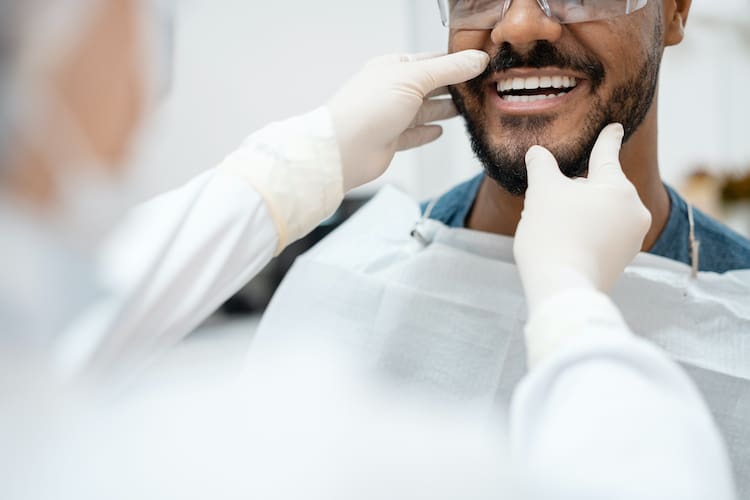Dental emergencies often strike when you least expect them. Knowing when to seek emergency dentistry can be the difference between saving or losing a tooth, managing pain quickly, and preventing serious complications. Not all dental issues require immediate attention, but some situations should never be ignored.
Understanding Dental Emergencies
A dental emergency is any situation involving the teeth and supporting tissues that requires immediate attention to alleviate severe pain, stop ongoing tissue bleeding, or save a tooth. Routine dental problems can often wait for a scheduled appointment. However, emergencies often involve acute symptoms that escalate quickly.
Pain is one of the most common signs that you may need emergency dental care. Minor tooth sensitivity or dull discomfort can sometimes be monitored until your next dental visit. But intense, persistent pain that prevents you from eating, sleeping, or functioning normally should be evaluated immediately. This type of pain could indicate a serious issue like an abscessed tooth, deep decay, or a cracked tooth exposing the nerve.
When Trauma Occurs
Any trauma to the mouth or face warrants a prompt dental evaluation. A knocked-out tooth requires immediate action to have the best chance of being re-implanted successfully. The tooth should be handled carefully and brought to the dentist right away. Even if a tooth is chipped or partially broken, fast intervention could help restore it and prevent further damage.
A broken jaw or severe lacerations to the lips, tongue, or cheeks are also considered dental emergencies. However, they may require collaboration between dental professionals and emergency room physicians. If you’re bleeding heavily or suspect a jaw fracture, it’s best to head straight to the nearest emergency room or urgent care facility.
Swelling and Infections
Facial swelling, especially when accompanied by fever, foul taste in the mouth, or difficulty breathing or swallowing, is a red flag. This could indicate a serious infection such as a dental abscess. If left untreated, the infection could spread to other areas of the body and become life-threatening. Emergency dental care can help drain the infection, relieve pain, and prescribe antibiotics or other treatment as necessary.
Lost or Damaged Restorations
Losing a crown, filling, or bridge might not always feel like an emergency, but it depends on the level of discomfort and the exposure of sensitive parts of the tooth. If you’re experiencing significant sensitivity or pain, or if the exposed tooth structure feels sharp or at risk of further breakage, emergency attention is a wise choice. A temporary fix or a new restoration can protect your tooth until a more permanent solution is arranged.
Trusting Your Instincts
When in doubt, trust your instincts. If you’re experiencing severe discomfort, bleeding, swelling, or trauma, don’t wait and hope it gets better on its own. Most dental offices offer emergency services or can refer you to an emergency provider. Acting quickly could not only help relieve pain but also minimize the risk of permanent damage.
Emergency Dentistry in Crystal Lake, IL
At Advanced Laser & Cosmetic Dentistry, we are committed to your oral health. We offer emergency dentistry appointments at our Crystal Lake location. If you experience a dental emergency, don’t hesitate to seek treatment. Contact us right away to schedule your appointment and learn more about your treatment options.

